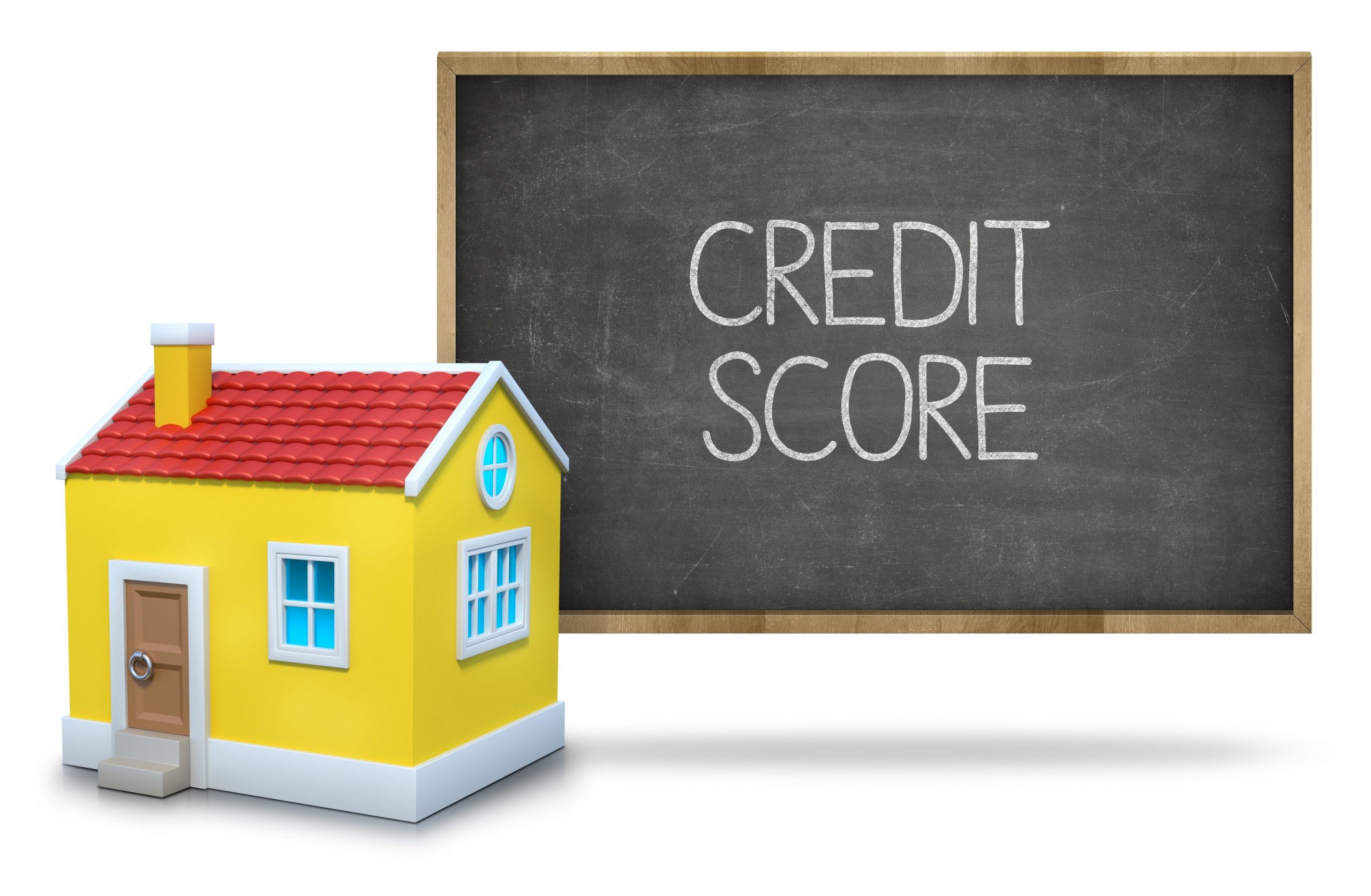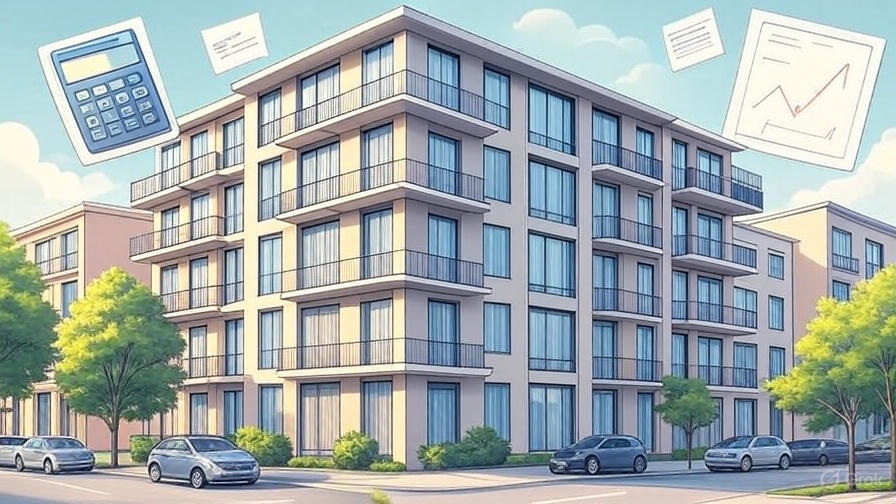You don’t need a perfect credit score to buy a home — but the stronger your credit, the better your options. From lower interest rates to lower insurance premiums, improving your credit profile can save you thousands. Here’s what really matters when it comes to credit and mortgages.
Why Perfect Credit Is a Myth
Plenty of buyers close on homes without a 740+ credit score. FHA, VA, and USDA loans allow for lower scores — sometimes as low as 580. While higher credit scores can unlock better pricing, you don’t need to wait years chasing “perfect” if you’re already in range to qualify.
How Lenders Really Look at Credit
Here’s the secret: lenders don’t use the same credit scores you see in popular apps. Mortgage lenders use older FICO scoring models (FICO 2, 4, and 5). That’s why the score you see on your phone rarely matches what we pull. Underwriters look at:
- Payment history (on-time vs. late)
- Credit utilization (balances vs. limits)
- Length of history
- Collections or public records
- Recent credit activity
Why Monitoring Your Credit Is Crucial
Credit isn’t static — it changes monthly. A forgotten small balance, an error, or a collection popping up can hurt your approval or cost you thousands in higher interest. Monitoring your credit consistently means catching issues early before they snowball.
Tip: You’re entitled to a free copy of your credit report each year at AnnualCreditReport.com.
Smart Ways to Pay Down Debt
Carrying high balances drags down your score and eats into your buying power. Paying debt strategically can give your credit a fast lift:
- Snowball Method: Pay off the smallest balances first for quick wins and momentum.
- Avalanche Method: Tackle the highest-interest debt first to save the most money long-term.
- Utilization Hack: Bring credit card balances below 30% (ideally under 10%) of the limit for a quick score boost.
Important: Before paying off old collections or charge-offs, consult a mortgage professional first. Sometimes paying them can actually lower your score temporarily, depending on how they’re reported. Strategy matters here.
The Problem with Credit Karma
Credit Karma uses VantageScore, which isn’t what mortgage lenders use. That means your “free score” could be 20–50 points higher or lower than your actual mortgage score. It’s fine for tracking general trends, but it’s not reliable for mortgage readiness.
Why Profile Matters More Than Score
A 680 borrower with clean history, low balances, and steady income may get better terms than a 700 borrower with recent late payments. That’s because lenders care about the overall credit profile — not just the number. Think of your score as the headline, but the profile tells the full story.
My Free App for Smarter Credit & Homebuying
That’s where my free app comes in. It’s built to help you prepare for homeownership the right way:
- Credit Monitoring: Stay on top of changes that could impact your approval.
- What-If Scenarios: See how paying off a card or reducing balances could boost your mortgage score.
- Budgeting Tools: Plan for your down payment, monthly payments, and total home budget.
- Homebuying Focused: Get insights tailored to real mortgage lending, not just app scores.
Putting It All Together
You don’t need perfect credit to buy a home, but stronger credit gives you more leverage: better rates, more loan options, lower monthly payments, and even lower insurance costs. Focus on building your profile, monitoring regularly, paying debt strategically, and using the right tools to stay ahead.




